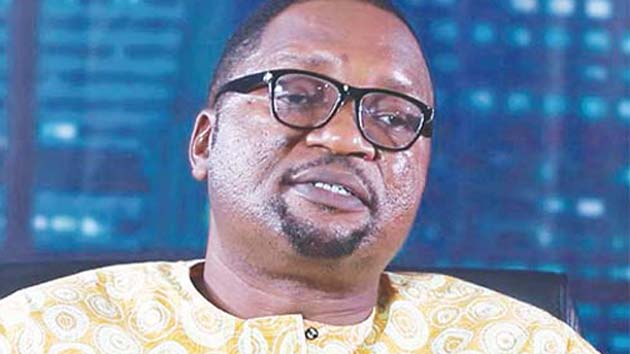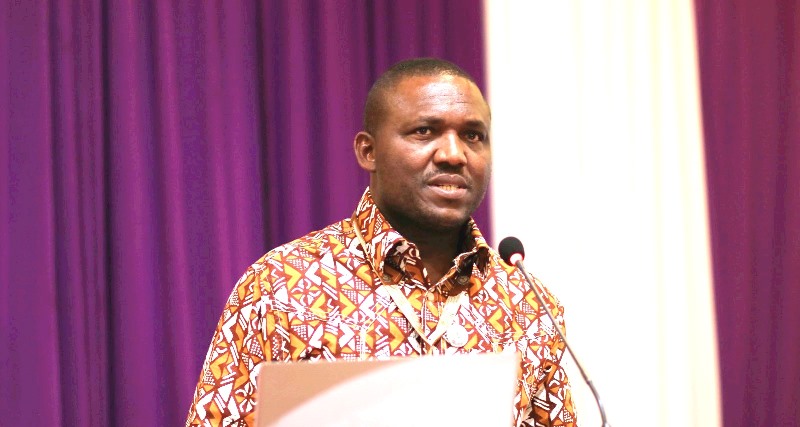
• As FG rues low productivity
The National Productivity Centre (NPC) is partnering with the Federation of Informal Workers Organisation in Nigeria (FIWON) and Streetnet International to provide specialised training and research aimed at enhancing the productivity of informal sector players.
The Centre’s Director General, Dr. Nasir Raji-Mustapha, who stated this while receiving the joint delegates of FIWON and Streetnet International in his office, said the centre is positioned and ready to support all sectors of the economy in achieving growth and development through the deployment of productivity tools and techniques, training and surveys.
FIWON General Secretary, Gbenga Komolafe, who headed the delegation, said the labour union was in the NPC headquarters to discuss salient issues that concern the informal sector, arising from the third National Productivity Summit, which was hosted by the centre.
After the parley, a joint committee of NPC, FIWON and Streetnet International was raised to design a memorandum of understanding for the engagement in the area of research, training and organisation of the sector.
The centre engages in developing the mindset of individuals and institutionalising productivity culture among organisations for the enhancement of service delivery and quality of life through productivity promotion and advocacy, builds productive capacity through training, workshops and conferences.
It provides professional advice to organisations through consultancy services, deploy productivity tools and techniques to achieve improvement and growth through productivity and quality improvement programme, as well as measure productivity through measurement and index.
After deliberations and discussions, it was agreed that the informal sector should be organised within the reach of the centre, applied research on labour productivity and social protection in Nigeria.
These entail the inclusion of rights and freedom of street vendors into the national policy on productivity, specialised training on tools and techniques for productivity improvement of the informal sector in Nigeria applied research on productivity and public place usage: A case study of Lagos State applied research on productivity and health conditions of workers in various sectors of the economy.
Meanwhile, the Federal Government said it would continue to enforce the implementation of established institutional and legal frameworks to anchor policies and programmes targeted at embedding productivity consciousness in society.
The Permanent Secretary, Federal Ministry of Labour and Employment, Kachollom Daju, stated this at the yearly meeting of the NCP, which took place in Lagos recently.
Daju stressed that Federal Government was prioritising the enhancement of national productivity, as low productivity in most sectors of the nation had become a clog in the wheel to realising the objectives of the nation’s developmental goals and aspirations.
She lamented that the manufacturing sector had taken a beating, which was evident in foreign exchange earnings, the limited number of jobs created and an import bill that can hardly be sustained by current earnings, further explaining that Nigeria’s GDP growth averaged 1.1 per cent in the last seven years.
She stated that government’s efforts in tackling low productivity include the establishment of a legal framework to drive relevant policies and programmes.
Daju disclosed that the ministry, through its Productivity Measurement and Labour Standards (PMLS) department in collaboration with the NPC, was at the forefront of the Federal Government’s intervention, by monitoring trends, conducting surveys, and continuously strategic implementing initiatives, aimed at improving country’s global productivity ranking.
The Permanent Secretary urged council members to come up with strategic and analytic discourse that will improve the productivity landscape in Nigeria, bearing in mind the challenges posed by insecurity, information technological improvements, artificial intelligence and job outsourcing, among others.
Also speaking, Director, PMLS, Juliana Adebambo, reiterated the importance of productivity to any economy, saying that it played a pivotal role in the sustenance of the global economy, adding that Nigeria was not an exception as it is the bedrock for economic growth and development.
According to her, the country’s productivity was dependent on how successfully the economy transforms land, labour capital and other inputs into goods and services.













